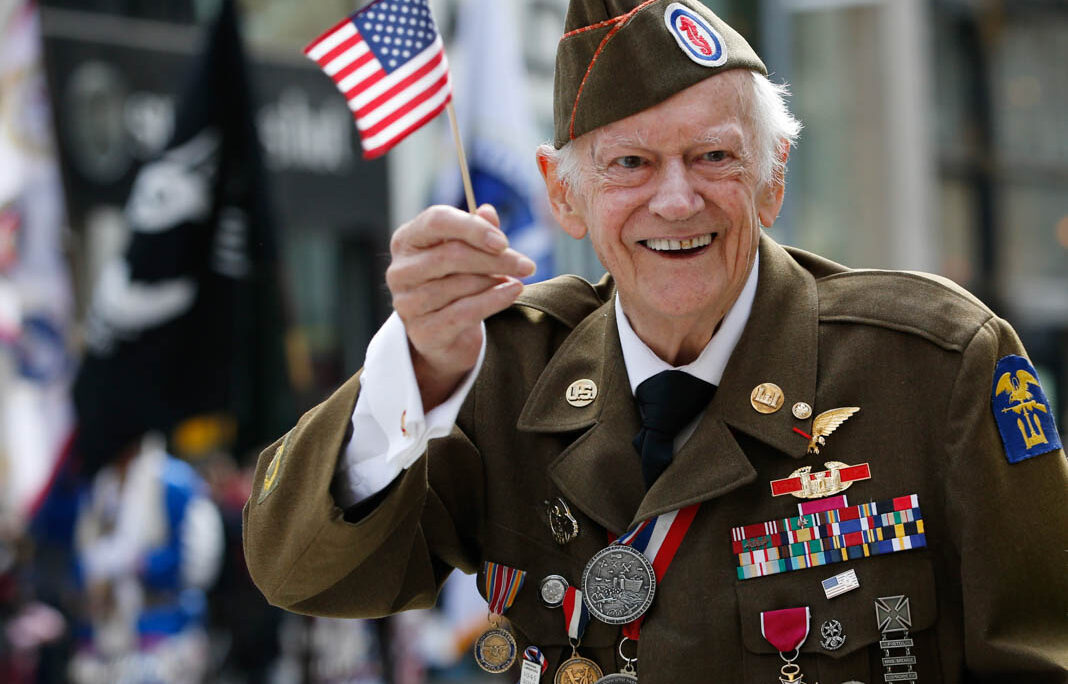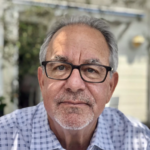Veterans are struggling under the weight of PTSD, substance addiction, suicidal ideation, and other mental health challenges. Shocking statistics, like 17 Veteran suicides per day, and 1 in 3 Veterans reporting having been arrested underscore the challenges we face in providing support for their mental, physical, and emotional health. But sometimes one of the greatest barriers to a Veteran getting help is… the Veteran themselves. Or more specifically, the self-sufficiency, warrior ethos, and structure that the armed forces ingrain into cadets.
At Confidential Recovery, our drug treatment center in Southern California, we have specialized in helping Veterans get treatment for substance use disorders (SUDs) for over a decade, and it’s an incredibly rewarding calling. The mental health issues that face Veterans are daunting, but there is better health than ever before, and the relief is often immediate when they seek our help.

The Transition Back to Civilian Life
Many people are aware that military Veterans struggle to assimilate into civilian life after completing their duty, but most don’t realize that the design and structure of the military is such that the better a warrior the Veteran was, the more difficulty they will have after their service.
The military is designed to take decision-making out of a lot of daily routines. What time to wake up and go to sleep, what to wear, what (and when) to eat are all things that are decided for you when you join the military and there is good reason for that. Removing these decisions allow the unit, as a whole, to function efficiently and in lockstep.
But what of the Veteran who is now separated from his structure, and adrift in a sea of decisions? This can be a difficult time, filled with self-doubt, and the armed forces are way behind in addressing Veteran needs during the transition back to civilian life.
The Warrior Ethos and It’s Unintended Consequences
While it is crucial to our country’s military strength, and history of success, is our brave members of the armed forces adopting the warrior ethos of self-sufficiency, and the spirit of “never say die.” This is drilled into Veterans during basic training and throughout military service. Self-sacrifice is drilled into the cadets of all armed forces, putting the needs of the mission and country above the needs of the individual.
The result is that Veterans who are struggling with mental health problems feel like they need to will themselves to overcome their symptoms, and we have seen that ignoring PTSD or an SUD can actually lead to them progressing and getting worse, over time.
This is Really Stigma
For those of us in the field of addiction treatment, a lot of our time is spent battling stigma, and educating families about the disease model of addiction. The disease model of addiction defines substance addiction as a disease of the mind, not a moral failing. This can be counterintuitive, but the disease model of addiction is nearly universally accepted in the medical world, and theoretically should take the stigma out of seeking help for an addiction, but we still have a long way to go.
For warriors to seek help is anathema to the warrior ethos and we need to get all families and care providers to understand the Veteran’s experience of stigma. By trying to better understand how military values and ideals impact Veterans in an individualized, supportive and non-judgmental way, we can increase the likelihood of a strong Veteran-provider alliance and better treatment outcomes.
There’s Hope and Help Available (But Improvement is Needed)
Once our veterans and their family members express a willingness to engage with care, access can be another hurdle.
Many veterans, such as those in the National Guard and Reserves, do not receive the same affordable health-care options as their peers due to strict eligibility requirements.
Moreover, the systems supporting Veterans do not always offer mental-health services for family members, who have to transition into new, often demanding, caretaking roles as they support our Veterans during and after service. For some families who are eligible, high costs, insufficient insurance coverage, limited provider options, and long wait times block them from services.
Fortunately, behavioral health organizations, such as Confidential Recovery, recognize these barriers and are finding ways to manage them. For starters, organizations, such as our outpatient rehab in San Diego, are providing care to not only Veterans, but also first responders, and any adult who wants treatment for an SUD.
Telehealth Counseling has Greatly Expanded Our Reach
Our telehealth services are expanding the population we can reach by using secure and confidential video conferencing to reach those who cannot attend sessions in person due to scheduling restrictions or limited transportation. Research has shown that telehealth sessions can be just as effective for many veterans and their family members when compared to holding sessions in-person. We are also improving care itself by bringing in evidence-based practice, encouraging treatments that have been carefully tested and can be tailored to fit individual needs.
While barriers exist, we are making progress to support those needing our help — and other mental health-care providers can, too.
Who to Call?
The U.S. Department of Veterans Affairs has a 24/7 crisis line where veterans can call (dial 988, then press 1), text (838255), or start an online to find help and support. There is also a search function on the Crisis Line website to find local substance abuse and mental health resources.
The Substance Abuse and Mental Health Services Administration has a free, 24/7 hotline for those wanting support and referrals. That number is 1-800-622-4357.
There is an Addiction Medicare Directory available on American Addiction Foundation’s website.
If you know a Veteran in California who is struggling with a mental health or substance use disorder (SUD), contact Confidential Recovery at (619) 452–1200.
About the Author
Scott H. Silverman was addicted to alcohol and illegal drugs when he “hit bottom,” and pursued treatment in 1984. He’s been helping others recover from addiction ever since. In 2014, he founded Confidential Recovery, a drug treatment program in San Diego that specializes in helping Veterans, first responders, and executives overcome substance abuse. You can reach them at (619) 452-1200, or by visiting the Confidential Recovery website.


Leave a Reply